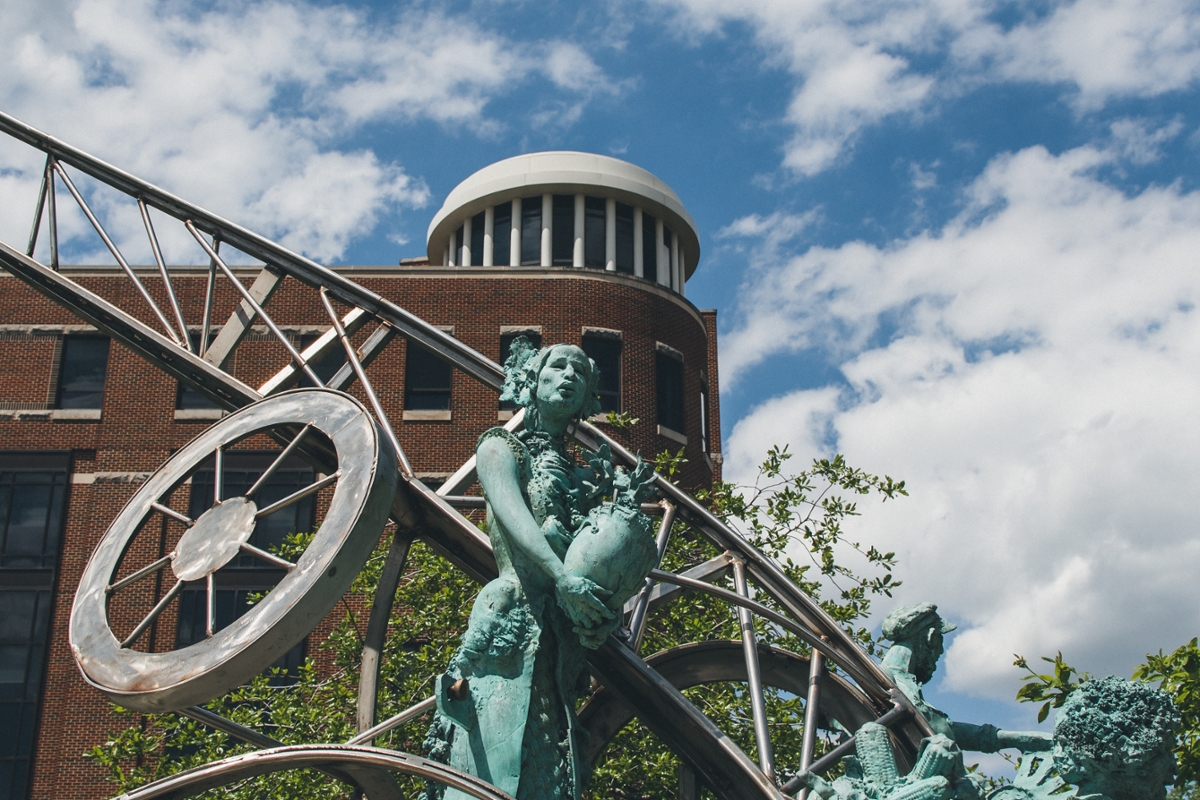THiNK
THiNK
Here you can view an archive of past articles from THiNK Magazine. You can also download select PDFs of the magazine here:
2021
April
THiNK
Sign of the times
THiNK
Accessing Deleuze
THiNK
Vehicle for change
THiNK
Showing the way
THiNK
Malcolm and Muhammad
February
THiNK
Timeless Wisdom
2020
December
THiNK
Foundations in film
October
THiNK
Designing for seniors
THiNK
Perspective via podcast
THiNK
Archaeology by drone
THiNK
An artist's voice
THiNK
Seeing sounds
THiNK
A fairer wage
THiNK
Human touch
THiNK






































































































